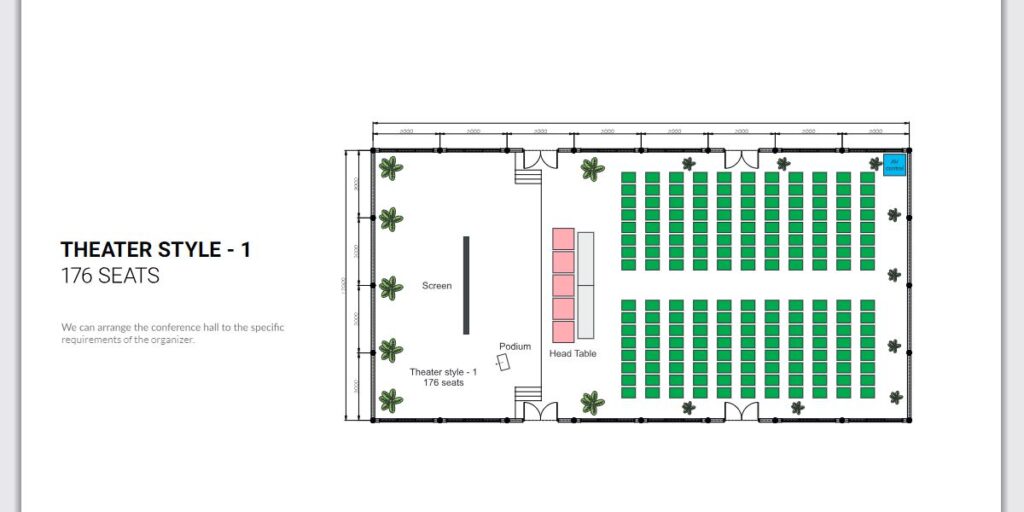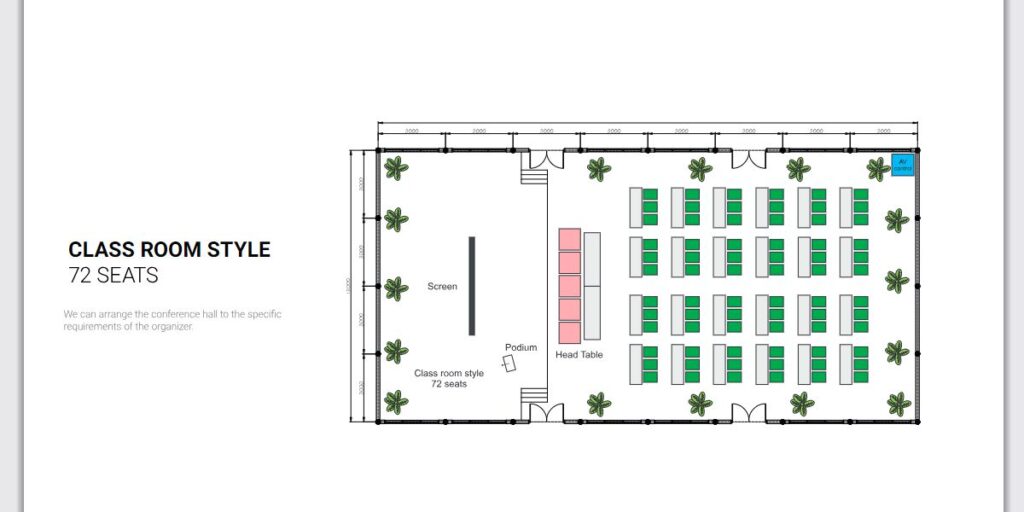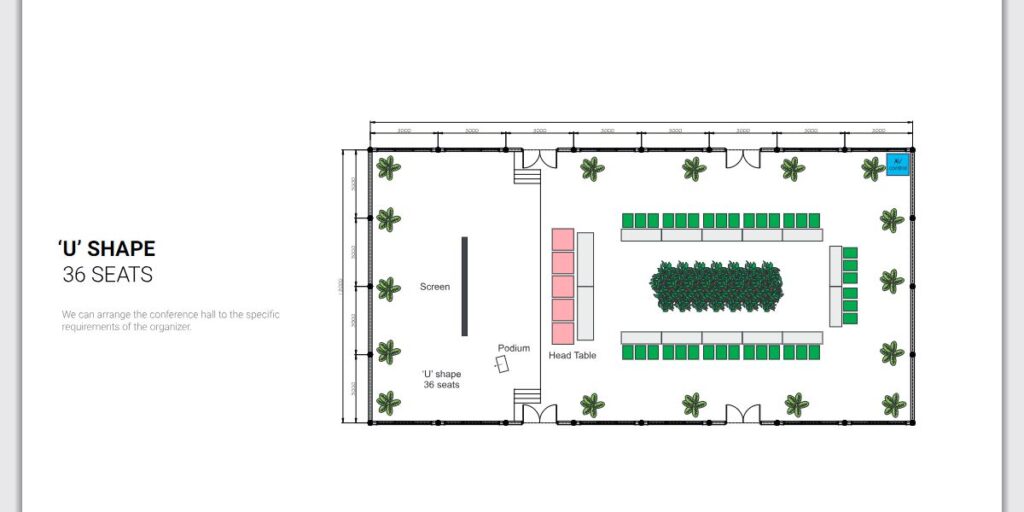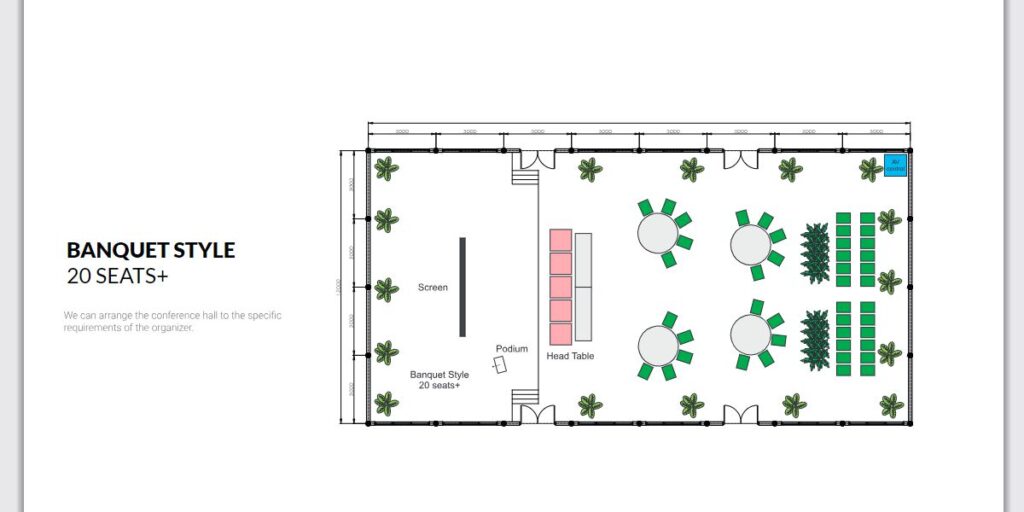The first Island Resort was opened way back in the 1972 – CLICK HERE to see the details of the 1st Island Resort of Maldives. Tourism is the back-born of the Maldivian economy. In fact, the longest serving president of ours (his Excellency Late Honorable President Mister Maomoon Abdul Qhayoom” said, Tourism is the “hen that lays Golden-Egg”. And to follow this quote, our first-democratic president (Late Honorable President Mister Mohamed Nasheed) disbursed tourism activities and services across the Maldives, establishing “Guest Houses” in uninhabited islands of Maldives.
List of Island Resorts in Alphabetical Order
- Aanugandu Island Resort
- Adaaran club Rannalhi
- Adaaran Prestige Vadoo
- Adaaran Select Hudhuranfushi
- Adaaran Select Meedhupparu
- Alila Kothaifaru Maldives
- Alimatha Aquatic Resort
- Amari Havodda Maldives
- Amari Raaya Maldives in Kudakurathu
- Amaya Kuda Rah Maldives
- Anantara Kihavah Villas
- Anantara Resort & Spa Maldives
- Anantara Veli and Naladhu
- Angaga Island Resort and Spa
- Angsana Resort & Spa Maldives
- Atmosphere kanifushi Maldives
- Avani _ Fares Maldives
- Ayada Maldives
- _
- Baglioni Resort Maldives
- Bandos Maldives
- Banyan Tree Maldives Vabbinfaru
- Barcelo Whale Lagoon Maldives
- Baros Maldives
- Biyaadhoo Island Resort
- Bolifushi Island Resort
- Brennia Kottefaru
- -
- Canareef Resort Maldives
- Centara Grand Island Resort & Spa Maldives
- Centara Ras Fushi Resort & Spa
- Cheval Blanc Randheli
- Cinnamon Dhonveli Maldives
- Cinnamon Hakuraa Huraa Maldives
- Cinnamon Velifushi Maldives
- Club Med Finolhu Villas
- Club Med Kanifinolhu
- Coco Boduhithi
- Coco Palm Dhunikolhu
- Cocoa Island
- Cocogiri Island Resort
- Cocoon Maldives
- Como Maalifushi
- Conrad Maldives Rangali Island
- Constance Halaveli Resort
- Constance Moofushi Resort
- Cora Cora Maldives
- ---
- Dhawa Ihuru
- Dhigali Maldives
- Dhiggiri Tourist Resort
- Dhigufaru Island Resort
- Diamonds Athuruga Beach & Water Villas
- Diamonds Thundufushi Beach & Water Villas
- Dreamland - The Unique Sea & Lake R
- Drift Thelu Veliga Retreat
- Dusit Thani Maldives
- ---
- Ellaidhoo Maldives By Cinnamon
- Embudhu Village
- Emerald Faarufushi Resort & Spa
- Emerald Maldives Resort & Spa Fasm
- Eriyadhu Island Resort
- ---
- Fihaalhohi Island Resort
- Filitheyo Island Resort
- Finolhu Baa Atoll Maldives
- Four Seasons Private Island Maldives
- Four Seasons Resort Maldives at Kudahuraa
- Four Seasons Resort Maldives at Landaagiraavaru
- Fun Island Resort & Spa
- Furaveli Island Resort & Spa
- Fushifaru Maldives
- ---
- Gangehi Island Resort
- Gili Lankanfushi
- Grand Park Kodhipparu Maldives
- ---
- Hard Rock Hotel Maldives
- Heritance Aarah
- Hilton Maldives Amingiri Resort & Spa
- Holiday Inn Resort Kandooma Maldives
- Holiday Island Resort & Spa
- Hondaafushi Island Resort
- Hurawalhi Island Resort
- Huvafenfushi Maldives
- ---
- Innahura Maldives Resort
- Inter Continental Maldives Maamunag
- ---
- JA Manafaru
- Joali Being Bodufushi
- Joali Muravandhoo
- Joy Island
- Jumeirah Maldives Olhahali Island
- JW Marriott Maldives Resort & Spa
- ---
- Kagi Maldives Spa Island
- Kandima Maldives
- Kandholhu Island Maldives
- Kihaa Maldives
- Komandoo IslandResort
- Konotta Maldives
- Kuda Villingili Resort Maldives
- Kudadoo Maldives Private Island
- Kudafushi Resort & Spa
- Kuramathi Maldives
- Kuredu Island Resort
- Kurumba Maldives
- ---
- Le Meridien Maldives Resort & Spa
- Lily Beach Resort
- Lux*South Ari Atoll, Maldives
- ---
- Maayafushi Tourist Resort
- Madifushi Private Island
- Makunudu Island
- Malahini Kuda Bandos
- Medhufushi Island Resort
- Meeru Maldives Resort Island
- Milaidhoo Island Maldives
- Mirihi Island Resort
- Movenpick Resort Kuredhivaru Maldives
- ---
- Nika Island Resort & Spa
- Niyama Maldives
- Noku Maldives
- Nooe Maldives Kunavashi
- Nova Maldives
- ---
- Oaga Art Resort
- Oblu by Atmosphere at Helengeli
- Oblu Select by Atmosphere at Sangel
- One & Only Reethi Rah Maldives
- Outrigger Maldives Maafushivaru Resort
- Ozen by Atmosphere At Maadhoo
- ---
- Park Hyatt Maldives, Hadahaa
- Patina Maldives, Fari Islands
- Pullman Maldives Maamutaa Resort
- ---
- Radisson Blu Resort
- Raffles Maldives Meradhoo Resort
- Rahaa Resort
- Reethi Beach Resort
- Reethi Faru Resort
- Rihiveli Maldives Resort
- Riu Atoll and Riu Palace Maldivas
- Robinson Maldives
- Robinson Noonu
- Royal Island Resort & Spa
- ---
- Saii Lagoon Maldives
- Sandies Bathala
- Shangri-La's Villingili Resort & Spa
- Sheraton Maldives Full Moon Resort
- Sirru Fen Fushi
- Six Senses Kanuhura
- Six Senses Laamu
- Siyam World Maldives
- Sonevafushi Resort
- Soneva Jani
- South Palm Resort Maldives
- Summer Island Maldives
- Sun Siyam Iru Fushi Maldives
- Sun Siyam Iru Veli Maldives
- Sun Siyam Olhuveli Maldives
- Sun Siyam Vilu Reef Maldives
- ---
- Taj Coral Reef Resort & Spa
- Taj Exotica Resort & Spa Maldives
- The Nautilus Maldives
- The Residence Maldives
- The Residence Maldives At Dhigurah
- The Ritz Carlton Maldives Fari Island
- The St, Regis Vommuli Resort, Maldives
- The Standard Huruvalhi Maldives
- The Westin Maldives Miriandhoo Resort
- Thulhagiri Resort & Spa
- ---
- Vakkaru Maldives
- Varu Island Resort
- Velaa Private Island Maldives
- Velassaru Maldives
- Veligandu Island Resort & Spa
- Vilamendhoo Island Resort
- Villa Nautica Paradise Island
- Villa Park SUN Island
- ---
- W Maldives
- Waldorf Astoria Maldives Ithaafushi
- ---
- Yash Nature Resort
- You & Me by Cocoon
A unique feature of the resorts in the Maldives is that each resort is a separate island – this is hard to believe. And today Maldives has more than 170 Resort Islands. One thing common, natural and unique of these islands are that each of the island has a house-reef surrounding the island which is full of marine fish and fauna, a lagoon for you to swim around as much as you could, a white sandy beach for you to lie down or play around and abundance of trees and bushes.
In these resorts, some offer you a holiday of total relaxation and peace, others offer many activities and entertainment for you to enjoy. Some are designed using indigenous Maldivian styles while others have incorporated the most modern concepts..
List of Island Resorts categorised in ATOLL basis
- -------------------------------------
- KAAFU, ATOLL
- Aanugandu Island Resort
- Adaaran Club Rannalhi
- Adaaran Prestige Vadoo
- Adaaran Select Hudhuranfushi
- Anantara Resort & Spa Maldives
- Anantara Veli and Naladhu
- Bandos Maldives
- Banyan Tree Maldives Vabbinfaru
- Baros Maldives
- Biyaadhoo Island Resort
- Bolifushi Island Resort
- Centara Ras Fushi Resort & Spa
- Cinnamon Dhonveli Maldives
- Club Med Finolhu Villas
- Club Med Kanifinolhu
- Coco Bodu Hithi
- Cocoa Island
- Dhawa Ihuru
- Embudhu Village
- Eriyadhu Island Resort
- Fihaalhohi Island Resort
- Four Seasons Resort Maldives at Kudahuraa
- Fun Island Resort & Spa
- Gili Lankanfushi
- Grand Park Kodhipparu Maldives
- Hard Rock Hotel Maldives
- Hilton Maldives Amingiri Resort & Spa
- Holiday Inn Resort Kandooma Maldives
- Huvafenfushi Maldives
- Joy Island
- Jumeirah Maldives Olhahali Island
- Kagi Maldives Spa Island
- Kuda Villingili Resort Maldives
- Kurumba Maldives
- Makunudu Island
- Malahini Kuda Bandos
- Meeru Maldives Resort Island
- Oaga Art Resort
- Oblu By Atmosphere at Helengeli
- Oblu Select by Atmosphere at Sangeli
- One & Only Reethi Rah, Maldives
- Ozen By Atmosphere at Maadhoo
- Patina Maldives, Fari Islands
- Rihiveli Maldives Resort
- Saii Lagoon Maldives
- Sheraton Maldives Full Moon Resort & Spa
- Summer Island Maldives
- Sun Siyam Olhuveli Maldives
- Taj Coral Reef Resort and Spa
- Taj Exotica Resort and Spa Maldives
- The Ritz Carlton Maldives Fari Islands
- Thulhagiri Island Resort & Spa
- Varu Island Resort
- Velassaru Maldives
- Villa Nautica Paradise Island
- Waldorf Astoria Maldives Ithaafushi
- -------------------------------------
- FAAFU ATOLL
- Filitheyo Island Resort
- -------------------------------------
- GAAFU ALIFU ATOLL
- Park Hyatt Maldives, Hadahaa
- Pullman Maldives Maamutaa Resort
- Raffles Maldives Meradhoo Resort
- Robinson Maldives
- The Residence Maldives
- The Residence Maldives At Dhigurah
- -------------------------------------
- SHAVIYANI, ATOLL
- JW Marriott Maldives Resort & Spa
- Sirru Fen Fushi
- -------------------------------------
- -------------------------------------
- ALIFU DHAALU ATOLL
- Amaya Kuda Rah Maldives
- Angaga Island Resort & Spa
- Barcelo Whale Lagoon Maldives
- Centara Grand Island Resort & Spa Maldives
- Conrad Maldives Rangali Island
- Constance Moofushi Resort
- Diamonds Athuruga Beach & Water Villas
- Diamonds Thundufushi Beach & Water Villas
- Drift Thelu Veliga Retreat
- Holiday Island Resort & Spa
- Lily Beach Resort
- Lux*South Ari Atoll, Maldives
- Mirihi Island Resort
- Nova Maldives
- Outrigger Maldives Maafushivaru Resort
- Radisson Blu Resort
- Vilamendhoo Island Resort
- Villa Park SUN Island
- -------------------------------------
- GAAFU DHAALU ATOLL
- Amari Havodda Maldives
- Ayada Maldives
- Konotta Maldives
- -------------------------------------
- ALIFU ALIFU ATOLL
- Constance Halaveli Resort
- Ellaidhoo Maldives by Cinnamon
- Gangehi Island Resort
- Kandholhu Island Maldives
- Kuramathi Maldives
- Maayafushi Tourist Resort
- Nika Island Resort & Spa
- Sandies Bathala
- Veligandu Island Resort & Spa
- W Maldives
- -------------------------------------
- MEEMU, ATOLL
- Cinnamon Hakuraa Huraa Maldives
- Madifushi Private Island
- Medhufushi Island Resort
- -------------------------------------
- NOONU, ATOLL
- Cheval Blanc Randheli
- Movenpick Resort Kuredhivaru Maldives
- Noku Maldives
- Robinson Noonu
- Siyam World Maldives
- Soneva Jani
- Sun Siyam Irufushi Maldives
- Velaa Private Island Maldives
- -------------------------------------
- SEENU, ATOLL
- Canareef Resort Maldives
- Shangri - La's Villingili Resort & Spa, Maldives
- South Palm Resort Maldives
- -------------------------------------
- VAAVU, ATOLL
- Alimatha Aquatic Resort
- Cinnamon Velifushi Maldives
- Cocogiri Island Resort
- Dhiggiri Tourist Resort
- Nooe Maldives Kunavashi
- -------------------------------------
- THAA, ATOLL
- Como Maalifushi
- -------------------------------------
- -------------------------------------
- BAA ATOLL
- Anantara Kihavah Villas
- Avani + Fares Maldives
- Coco Palm Dhunikolhu
- Dhigufaru Island Resort
- Dreamland - The Unique Sea & Lake Resort & Spa
- Dusit Thani Maldives
- Finolhu Baa Atoll Maldives
- Four Seasons Private Island Maldives at Voavah
- Four Seasons Resort Maldives at Landaa Giraavaru
- Kihaa Maldives
- Milaidhoo Island Maldives
- Reethi Beach Resort
- Royal Island Resort & Spa
- Sonevafushi Resort
- The Nautilus Maldives
- The Western Maldives Miriandhoo Resort
- Vakkaru Maldives
- -------------------------------------
- HAA ALIFU ATOLL
- JA Manafaru
- -------------------------------------
- HAA DHAALU - ATOLL
- Hondaafushi Island Resort
- -------------------------------------
- DHAALU, ATOLL
- Angsana Resort & Spa - Velavaru
- Baglioni Resort Maldives
- Kandima Maldives
- Niyama Maldives
- Riu Atoll and Riu Palace Maldives
- Sun Siyam Iru Veli Maldives
- Sun Siyam Vilu Reef Maldives
- The St. Regis Vommuli Resort, Maldives
- Yash Nature Resort
- -------------------------------------
- LAAMU, ATOLL
- Rahaa Resort
- Six Senses Laamu
- -------------------------------------
- LHAVIYANI, ATOLL
- Atmosphere Kanifushi Maldives
- Cocoon Maldives
- Fushifaru Maldives
- Hurawalhi Island Resort
- Innahura Maldives Resort
- Komandoo Island Resort
- Kudadoo Maldives Private Island
- Kuredu Island Resort
- Le Meridien Maldives Resort & Spa
- Six Senses Kanuhura
- -------------------------------------
- RAA, ATOLL
- Adaaran Select Meedhupparu
- Alila Kothaifaru Maldives
- Amari Raaya Maldives in Kudakurathu
- Brennia Kottefaru
- Cora Cora Maldives
- Dhigali Maldives
- Emerald Faarufushi Resort & Spa
- Emerald Maldives Resort & Spa Fasmendho
- Furaveri Island Resort & Spa
- Heritance Aarah
- Inter Continental Maldives Maamunagau
- Joali Being Bodufushi
- Joali Muravandhoo
- Kudafushi Resort & Spa
- Reethi Faru Resort
- The Standard Huruvalhi Maldives
- You & Me By Cocoon
- -------------------------------------
Some resorts offer a real ‘getaway’, of course with all the comforts in your room. These often make it a point to avoid motorized water sports, for the peace and quite you may prefer. At others you may, get away from it all, if you prefer.At the same time, the resorts offer range of activities, entertainment, and games – so that you can get all you want, if you feel like it.
Some resorts maintain the unique Maldivian style; thatched roofing, sand underfoot and traditional-styled staff uniforms with great care.








